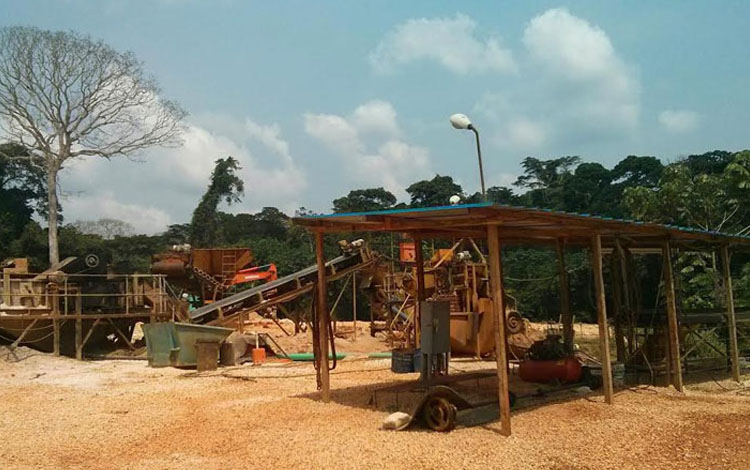(3 minutes read)
- The “Made in Cameroon” (MIC) mark — a concept formally launched by the private sector five years ago to promote local production, processing and consumption is on a roll
- The concept is designed to promote “value-added” activities that can create jobs
- It is also aimed at reversing the trend of selling primary resources such as minerals, oil and timber at a pittance and in some cases importing the same goods refined or processed at a higher cost
The “Made in Cameroon” (MIC) mark — a concept formally launched by the private sector five years ago to promote local production, processing and consumption is on a roll. The concept is designed to promote “value-added” activities that can create jobs. It is also aimed at reversing the trend of selling primary resources such as minerals, oil and timber at a pittance and in some cases importing the same goods refined or processed at a higher cost.
The movement is fast catching up. There are a few stores labeled as “Made in Cameroon” have come up in major cities, which are doing brisk business. Businesses are across the spectrum, such as spices, dried fruits and vegetables, vegetable oils for the skin, marinades, aquaculture and what have you.
The movement also created a proliferation of entrepreneurs. Many of the youngsters have become local producers using domestic raw materials. But a few industry insiders opine that though local production has picked up and there is involvement of people from across the spectrum, quality is a challenge. Locally made products, they say, have to traverse a long distance to match up with the quality of the imported goods.





